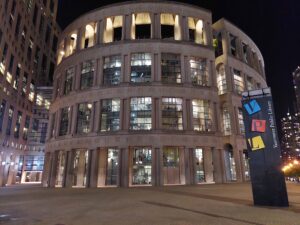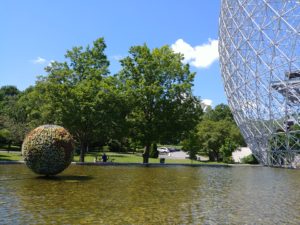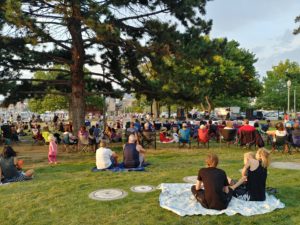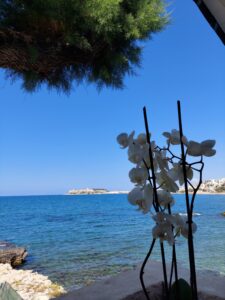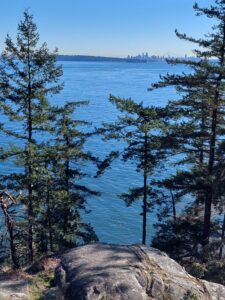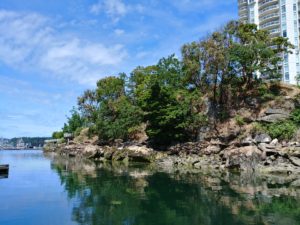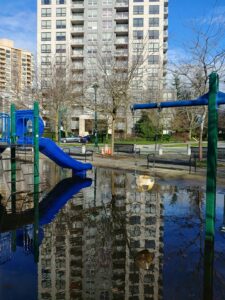What does building capacity for regenerative communities mean to me? This is my perspective in brief.
Regenerative systems development focuses not solely on reducing resource extraction and its impact (on Earth and each other), but -above all- on (re)connecting and regenerating environmental, social, human, and other assets (or resources) of a system through climate and other action. Because of the complexity of community systems (such as cities), regeneration requires building transdisciplinary skills and capacity to enable transformative change across levels and sectors.
Regenerative systems capacity building (or education) is therefore transformative. It is a process of un-learning (the unhelpful ways), re-learning (replacing with more helpful ways), and learning (new ways); a process that aims to support the co-creation of regenerative communities by their own citizens. This means: analysing complexity critically and with curiosity; cultivating motivation and skills/competences to “connect the dots” and create positive impact; and ultimately transforming research and knowledge to action that can lead community transition towards resilience and sustainability.
My pedagogical approach is grounded in living systems thinking, as well as experiential and collaborative learning that will have meaningful and long-lasting impact on learners and their communities and organisations. My pedagogical principles align with the principles and values underlying my work ethic: relationality, reciprocity, respect, responsibility, sharing, openness, co-learning and co-creating, and overall practising a deep understanding that humans are a part of Earth and not apart from it.
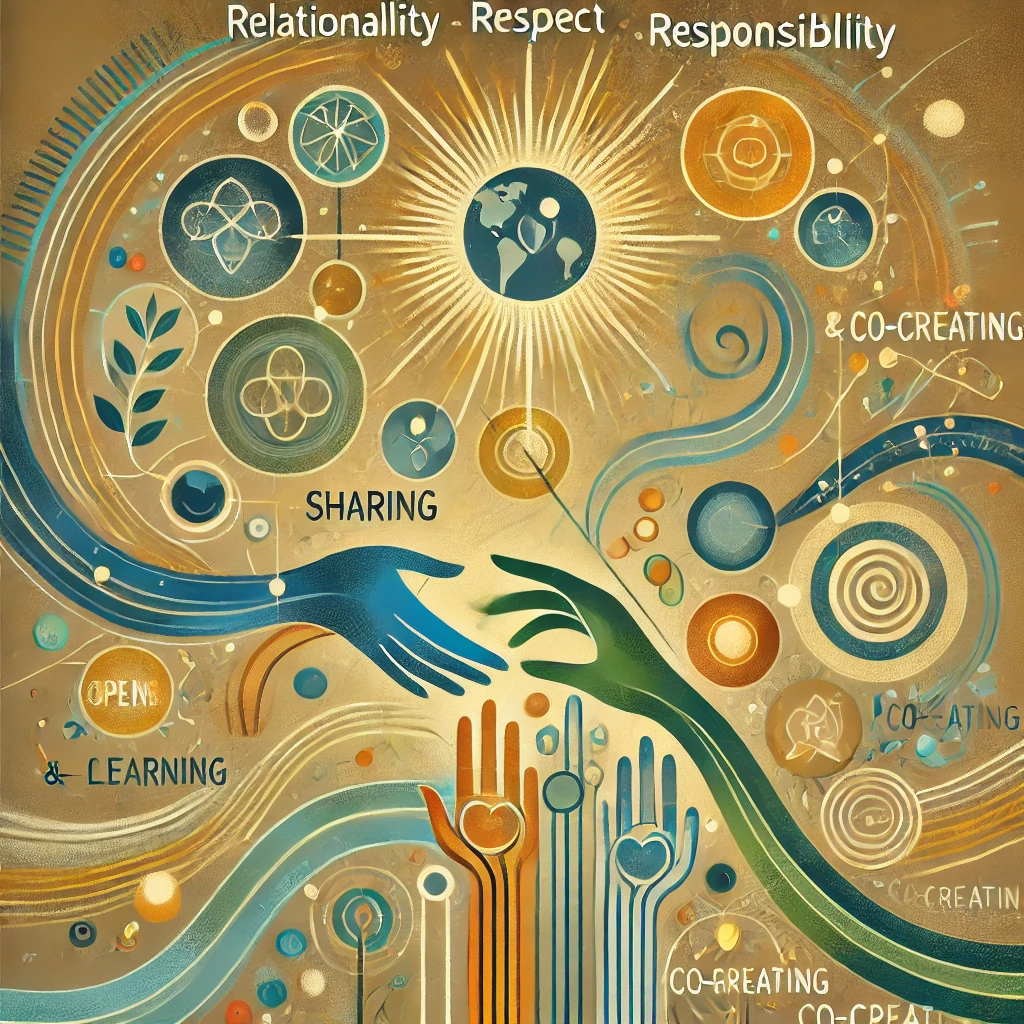
Here, I’m documenting seven projects on sustainability teaching and learning that I conducted research for during my PhD at Simon Fraser University
Flipping Without Flopping: Combining Learning Approaches to Best Benefit Students (two phases) (2018-2019). Final report.
Social Enterprise in Open Educational Resources (2018). Final report.
Engaging Students in Sustainability Learning: Comparing Reading-related Activities in Online and In-person Courses (2017). Final report.
Sustainability OER for SFU (2017). Website development & short presentation.
Engaging Students in Sustainability Learning: Exploration of Reading-related Activities (2016). Final report.
Evaluating the use of open educational resources in sustainability teaching and learning (2016). Final report.
Assessing the Potential of Open Online Learning Resources to Enhance SFU Teaching and Learning (2015). Final report.




